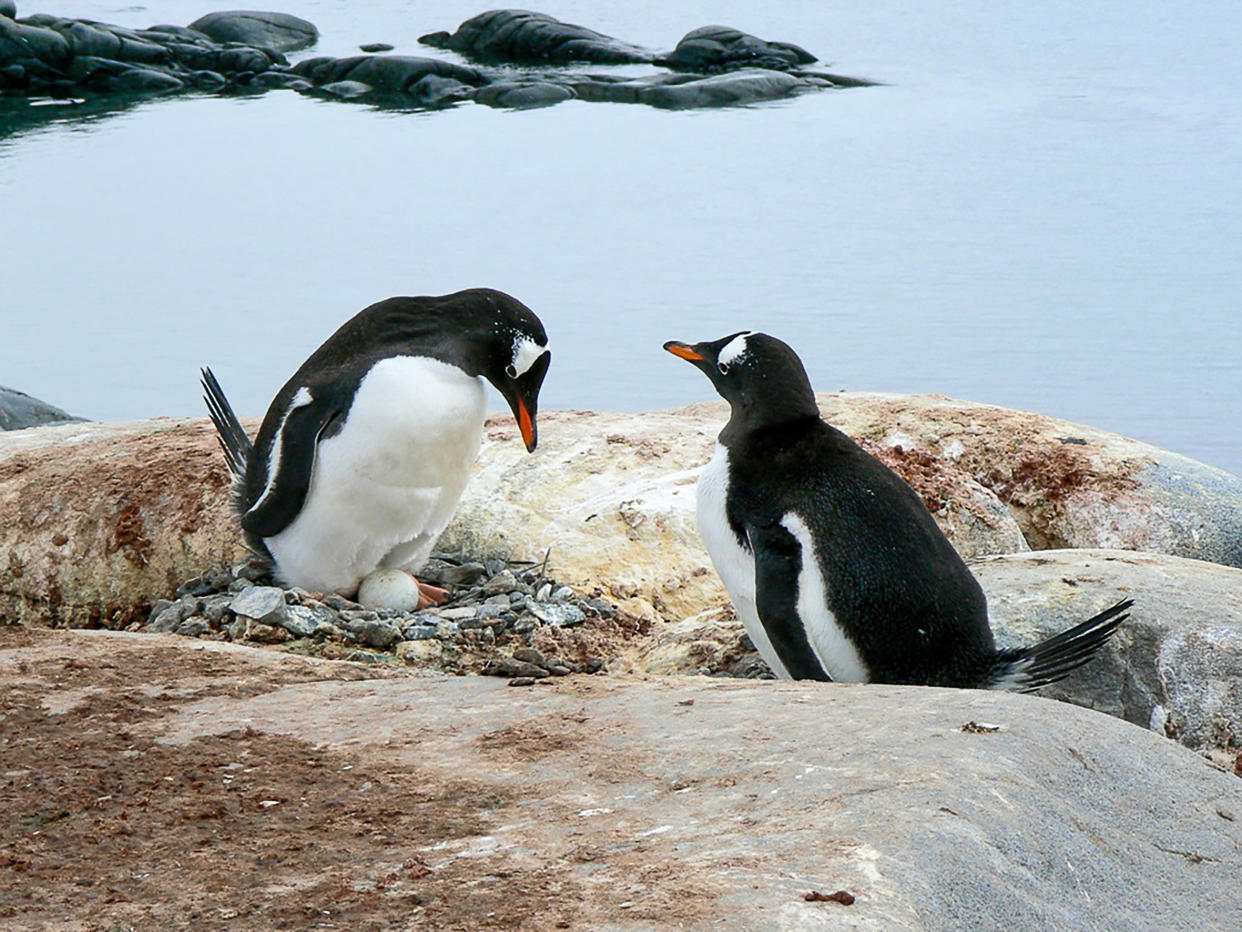Penguin food source ‘could be reason some populations are dwindling’

Scientists might have worked out why some penguins are adapting to a new world altered by climate change and human activity - and some are not.
It’s all to do with the availability of krill, a food source for the waddling birds.
The shrimp-like crustacean is eaten by penguins - but gentoo and chinstrap penguins adapted differently to the varying availability of krill.
Lead author Michael Polito, assistant professor at Louisiana State University, said: "Antarctic krill is a shrimp-like crustacean that is a key food source for penguins, seals and whales.
READ MORE
In Antarctica, tourists swim amongst penguins
Meet the adorable cat with two different faces
World’s southernmost reef hit by coral bleaching
Binary Earth-sized planets possible around distant stars
"When seal and whale populations dwindled due to historic over-harvesting, it is thought to have led to a surplus of krill during the early to mid-1900s.
"In more recent times, the combined effects of commercial krill fishing, anthropogenic climate change, and the recovery of seal and whale populations are thought to have drastically decreased the abundance of krill."
Researchers analysed the diets of chinstrap and gentoo penguins by looking at chemical signals in feathers collected during explorations of the Antarctic Peninsula during the past century.
The signals indicate what the penguins had eaten.
The findings were published today in the Proceedings of the National Academy of Sciences journal.
In the latter half of the past century, gentoo penguins - with a distinctive strip of of black along their chin - increasingly showed an adaptive shift from strictly eating krill to including fish and squid in their diets.
However, the chinstrap penguins continued to feed exclusively on krill.
Kelton McMahon, co-lead author and assistant professor at the University of Rhode Island, said: "Our results indicate that historic marine mammal harvesting and recent climate change have altered the Antarctic marine food web over the past century.
"Moreover, the differing diet and population responses we observed in penguins indicate that species such as chinstrap penguins, with specialised diets and a strong reliance on krill, will likely continue to do poorly as climate change and other human impacts intensify."
They believe their research will be beneficial in predicting which species are likely to fare poorly and which will withstand, or even benefit from, future changes.


